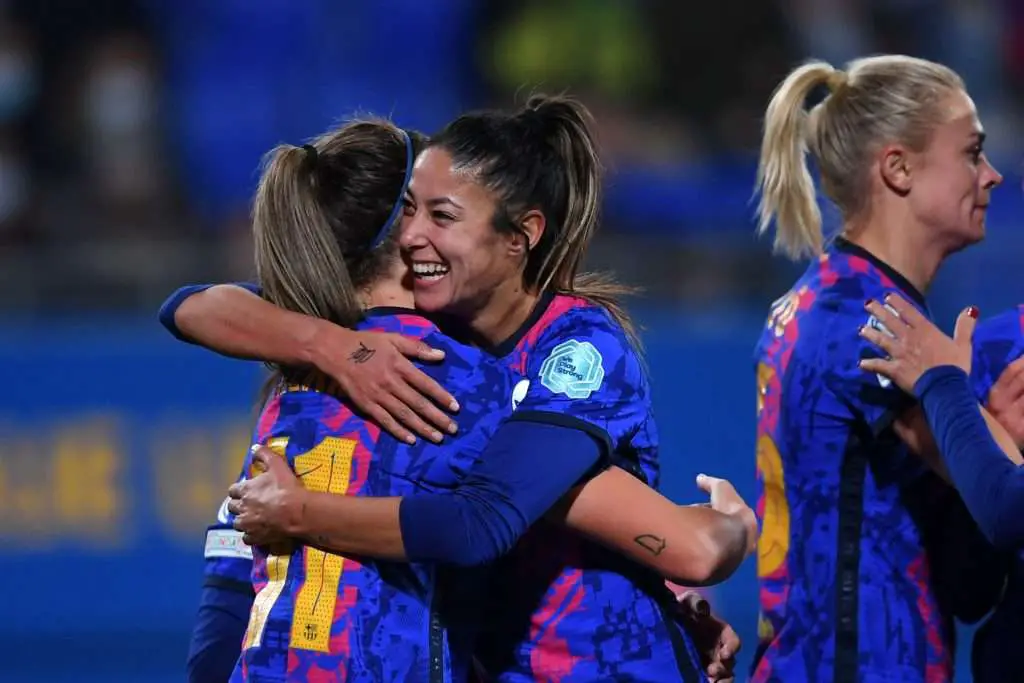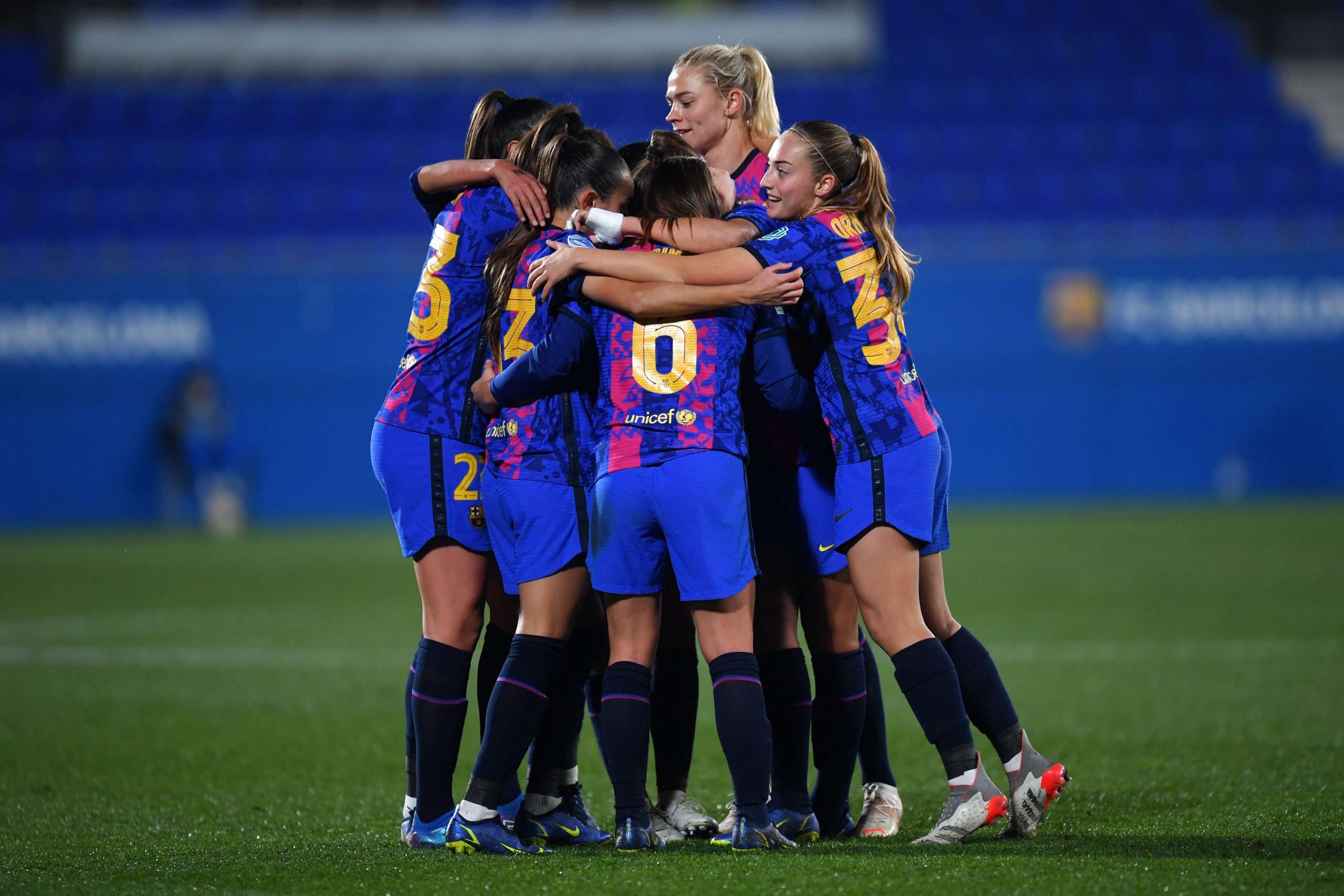The Camp Nou is going to be full for March’s mouth-watering Champions League clash between Barcelona and Real Madrid.
This is undoubtedly a great step forward for women’s football and female sport more generally.
It shows that there is a wide audience for the game and it serves to raise the profile of the game significantly.
Again, it puts Spanish football at the forefront of women’s sport.
The record attendance for a female match was broken in 2019 with a match between Atlético Madrid and Athletic Club.
Nearly 50,000 saw the game that day.
It was broken again in March of the same year at the Wanda Metropolitano when 60,000 saw the encounter between hosts Atlético Madrid and Barcelona.
An FC Barcelona statement about the upcoming potential record-breaking El Clásico read: “Camp Nou will be full for the game between Barça and Real Madrid in the quarter-finals of this season’s UEFA Women’s Champions League.
“Fans and members have taken up all the tickets available for the game which is on 30 March, kick-off 6.45pm CEST.”
There are nonetheless a few logistical things to consider.
This sell-out crowd does not include the 15 per cent that UEFA gets.
It is also contingent on the Covid pandemic and the exact rules of mass crowds at the time of the tie.
Nonetheless, it is an exciting time in women’s sport and it is clear that women’s football is going from strength to strength.
Alexia Putellas winning the Ballon d’Or has put women’s football into the national conversation.
What this Barça Femení side is achieving is magnificent.
This increase in exposure has led to front-page stories of daily sports and live matches on Spanish national television.
This year, fans of La Liga Iberdrola can also watch some of the matches on television in the UK.
Thus, it is clear that women’s football is developing at a fast pace.
But this makes the following incident all the more disappointing.
During the furor in the recent Real Betis-Sevilla derby, a comment on Spanish radio station Cadena Cope showed there is still much to do in the battle against sexism.
After the game was postponed and forced to be played on the following day, one of the commentators noticed that Sevilla manager Julen Lopetegui’s trousers weren’t washed.
They instantly blamed his wife, saying she should have washed and ironed them.
As can be expected, professional female athletes were quick to comment on this incident.
Ballon d’Or winner Alexia Putellas simply tweeted “2022.”
And this sums up the frustrations felt by millions.
How in 2022 can comments such as these be made on national Spanish radio?
It is very easy to dismiss this as a joke or as one person’s comments.
Perhaps these types of views are increasingly rare.
But they should not be made at all.
Spain still has a problem with sexism, gender inequality and gender violence.

At the end of March, 70,000 people may be watching Barcelona take on Real Madrid in a Champions League quarter-final.
This will be the highest attended female game in Spain (Covid permitting) and will help take women’s sport up a level in terms of exposure.
This is something to celebrate.
But as the recent comments on Spanish radio suggest, there is still a long way to go in the battle for female equality in Spain.
Perhaps this journalist thinks 70,000 fans should be ironing shirts instead of watching one of the biggest sporting spectacles of the year?










